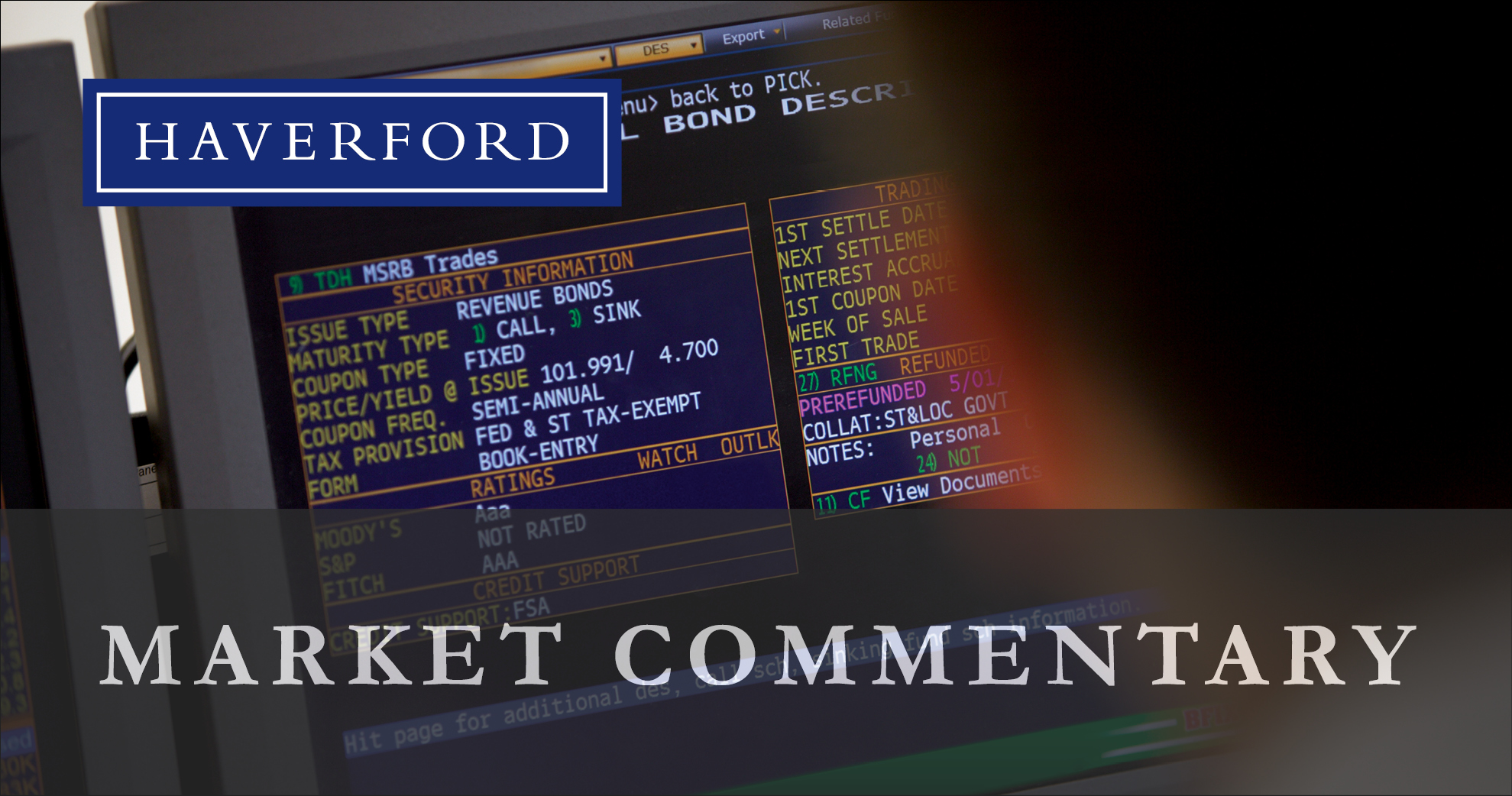Recent News and Insights
Market Commentary: February 25, 2026
Tim Hoyle, Chief Investment Officer Thoyle@haverfordquality.com SaaS-pocalypse The S&P 500 has traded essentially flat [...]
Trust, Quality, and the Psychology Behind What We Buy
Hank Smith welcomes Dr. Americus Reed, the Whitney M. Young Jr. Professor of Marketing at the University of Pennsylvania's Wharton School, for a conversation about the intersection of marketing, brand identity and the economy.
Tim Hoyle, Chief Investment Officer Thoyle@haverfordquality.com What the Iran Conflict Means for Markets This [...]
Tim Hoyle, Chief Investment Officer Thoyle@haverfordquality.com SaaS-pocalypse The S&P 500 has traded essentially flat [...]
Hank Smith welcomes Dr. Americus Reed, the Whitney M. Young Jr. Professor of Marketing at the University of Pennsylvania's Wharton School, for a conversation about the intersection of marketing, brand identity and the economy.
Hank Smith welcomes Tom Kehoe, Founder and President of Yards Brewing Company, for an engaging conversation about entrepreneurship, navigating market changes and competition, and building community.
Business Insider – Hank Smith, Director, Head of Investment Strategy was recently quoted in [...]
Hank Smith hands over the mic to Tim Hoyle, Haverford’s Chief Investment Officer, for a discussion with Dan Clifton, Partner and Head of Washington Policy Research for Strategas Securities, on the government policies that may impact the economy and financial markets in 2026.
Tim Hoyle, Chief Investment Officer Thoyle@haverfordquality.com Realpolitik and Populism Set the Stage for 2026 President Trump [...]
Hank Smith welcomes Joe McLaughlin, Chairman and CEO of the Haverford Trust Company, on this episode of Speaking of Quality to share his 2025 reflections and 2026 outlook for Haverford Trust.







